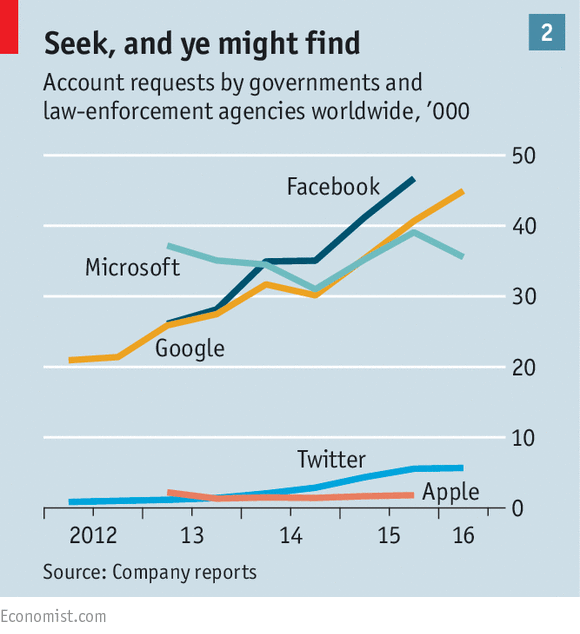Ten days ago, Facebook CEO Mark Zuckerberg wrote a very long policy letter, that has been nagging my mind ever since. (Link»)
The ambition is – of course – to make Facebook even bigger and more important in our lives. This also means making the totally dominant social media player even bigger and more important in our lives. I’m not sure that I’m comfortable with that.
Facebook is a very special sort of social engineering, an invisible force guiding us trough social relations, news, politics, community activities, business, and culture. And here I get the impression that Facebook would like to become the curator of our lives.
Going forward, we will measure Facebook’s progress with groups based on meaningful groups, not groups overall. This will require not only helping people connect with existing meaningful groups, but also enabling community leaders to create more meaningful groups for people to connect with.
So, some Facebook groups are to be more important than others? One factor to define a »meningful group« seems to be »real« off-line events. For me, who am a small player in an international network promoting a free and open internet along with civil rights and liberty, this is a disheartening approach. Almost all our work is done online, with the occasional international conference. Nevertheless, together we make a difference – and our work is often the only way to make a real impact when it comes to politics and law making in these fields. Should we matter less?
And what about this:
The guiding principles are that the Community Standards should reflect the cultural norms of our community, that each person should see as little objectionable content as possible, and each person should be able to share what they want while being told they cannot share something as little as possible. The approach is to combine creating a large-scale democratic process to determine standards with AI to help enforce them.
For those who don’t make a decision, the default will be whatever the majority of people in your region selected, like a referendum. Ofcourse you will always be free to update your personal settings anytime.
I see the point. But wouldn’t this be creating new »filter bubbles« based on geography and cultural traditions? Will this not hamper human intellectual evolution? Will this not contribute to conformity? Isn’t the beauty of the Internet that it is truly global? Ars Technica dubs the approach outlined by Zuckerberg being »gerrymandering the Internet«.
I would also say that this would be a way to subordinate the individual to majority rule by default settings. Thus, reducing freedom and moving power away from the private person to a faceless collective. And – are we really comfortable with AI handling such delicate matters?
Wouldn’t this be a dream for totalitarian regimes – to be able to single out the ones who have changed their settings in ways that are no longer in line with most other people?
Ars Technica makes another valid point:
Zuckerberg adds that he’s thinking of creating “worldwide voting system” for Facebook users which could then be used as a template for how “collective decision-making may work in other aspects of the global community.” That’s a vague formulation. But coming on the heels of his comments about politicians with Facebook engagement, he sounds like he’s floating the idea of turning Facebook into the infrastructure for managing elections.
Putting our democratic system in the hands of Facebook? Really? I don’t think so.
And don’t forget to put the Zuckerberg manifesto in context. This is a company who has the creator of a very powerful tool for mass surveillance analysis (used by e.g. the FBI, CIA, NSA and GCHQ) – who also happens to be an advisor to the illustrious US President – on its’ board of directors.
I fully understand that running an operation like Facebook is a highly complicated and delicate task. Maybe even impossible.
But the real answer must be competition. Not that many years ago Facebook didn’t even exist. And in an unknown number of years ahead there will be something else – or, I hope, a multitude of alternatives. That is hopeful. But it doesn’t exclude Facebook from scrutiny right now, right here.
We simply do not want the Skynet experience.
/ HAX
• The Zuckerberg manifesto »
• Ars Technica (Op-ed): Mark Zuckerberg’s manifesto is a political trainwreck »
